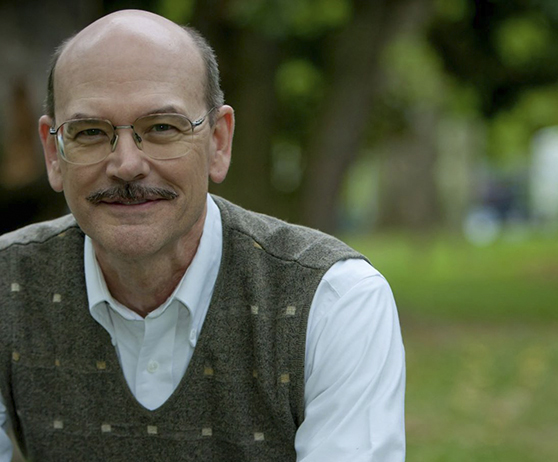
Jayda Noyes, Daily Herald
A counsellor and educator with Caring Hearts made a special stop in Prince Albert on Thursday and Friday to teach victim advocates about trauma.
Although Duane Bowers works as a licensed professional counsellor in Washington D.C., he often travels to Saskatchewan as an educator for Caring Hearts in Regina.
He and Elder Harry Francis stressed the importance of trauma, intergenerational trauma, ambiguous loss, grief, and self-care in society to a room of people who work with victims of crime.
But, he explained, the workshop doubled as a set of personal tools.
“Here’s what we find about folks who work in trauma: most folks who are working in trauma do so because they’ve had trauma in their own background,” he said, estimating between 85 and 90 per cent of victim advocates fit that description.
Bowers said these people don’t work with their patients for a long period of time, so it’s important to know how trauma impacts an individual and their surroundings so they can provide quick, short-term support.
“What it boils down to is your heightened cortisol level, which really affects the way the brain works, so if you can teach people how to reduce the cortisol, they can function better,” he said. “It doesn’t take away the trauma, it doesn’t take away their feelings about the trauma, but it allows them to function better.”
In his work, he noted he never knows what he’s getting into.
“So you work with someone who perhaps has experienced rape, and you as the mental health person, as the therapist, go in and say ‘I’m gonna work with rape,’ and then you find out she was exposed to domestic violence, her father beat her mother, she also experienced her brother committing suicide when she was 10,” he said about how patients can have long histories with different types of trauma.
After someone experiences trauma, Bowers said they’ll have a lack of concentration, poor short-term memory, a hard time sleeping, detachment and disassociation.
But it doesn’t just affect the victim.
“That proverbial stone in the pond, it ripples out,” said Bowers, adding it’s especially important to look at how you’re impacting children.
“If you start to see that the children around you are learning to handle the trauma the way you are and that’s not particularly healthy, time to make some changes,” he said. “Go to counselling, get some support.”
He concluded the workshop with walking victim advocates through self-care tips, such as always having a plan for the future and making mission statements.
Bowers said in Saskatchewan, he focuses on trauma from exploitation and Missing and Murdered Indigenous Women and Girls (MMIWG).
In the States, he works with trauma from child trafficking and pornography, helping those trying to find the perpetrator or the child and helping families cope.
At the end of the day, Bowers said trauma is a reality everywhere.
“Every urban area is going to have situations where trauma occurs—homicide, suicide, addiction,” he said. “I don’t think Prince Albert is any different than any other urban area probably in the world. There are always opportunities that I can be traumatized from. There’s always a way I can be victimized and there’s folks like us out here who can help you recover from that more quickly.”

